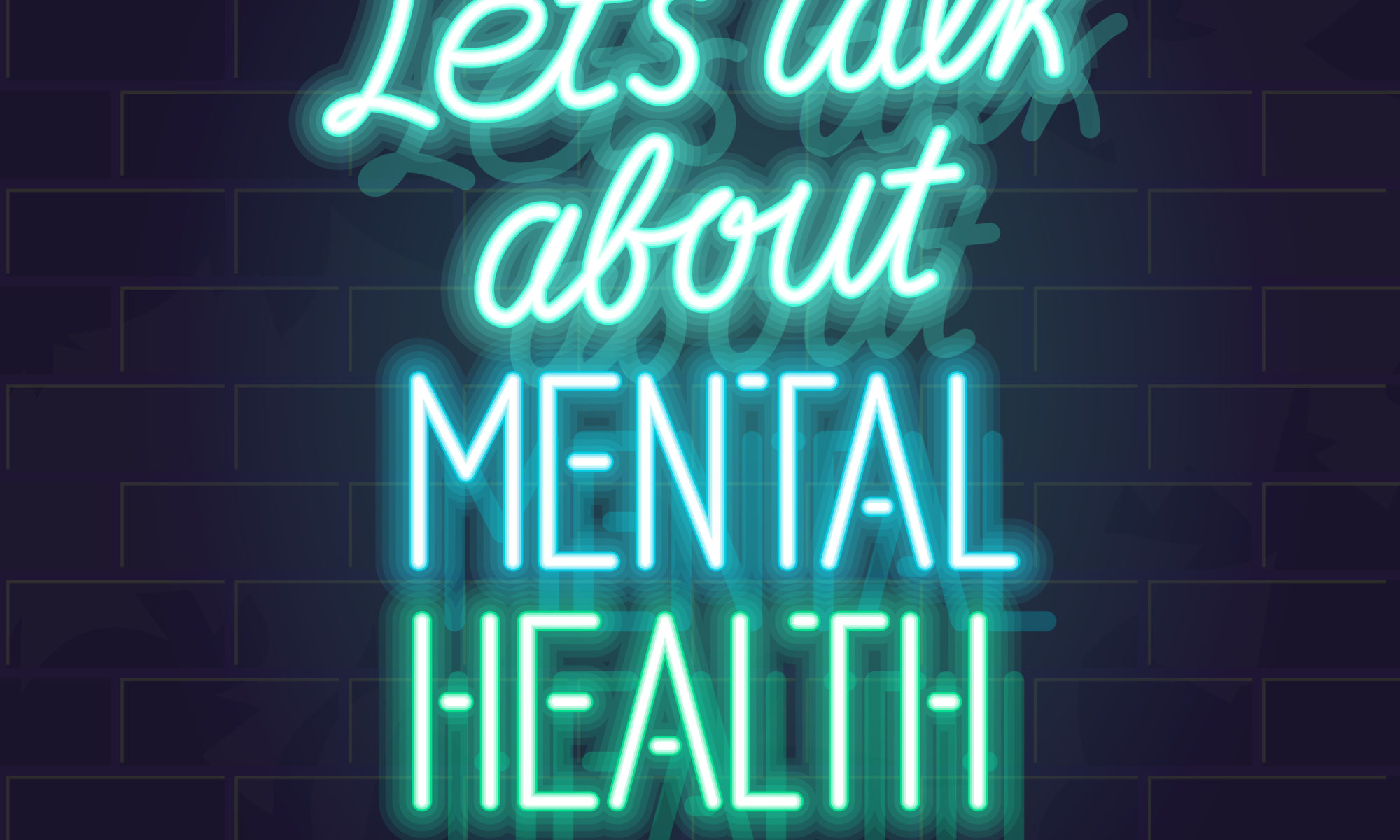Mental Health Awareness Week, hosted by the Mental Health Foundation, is an annual event in the UK that aims to foster conversations about mental health. The week serves as a pivotal time to discuss, destigmatise, and develop an understanding of mental health issues.
The Importance of Mental Health Awareness Week
Mental health concerns everyone, from young children to adults, and encompasses our emotional, psychological, and social well-being. The way we think, feel, and behave in daily life is intricately linked to our mental health. Yet, despite its importance, mental health often carries a stigma that prevents many from seeking help.
Mental Health Awareness Week is vital because it:
Raises Awareness: It helps to break down societal stigmas and encourages open conversations about mental health.
Promotes Education: The week is an opportunity to spread knowledge about mental health issues and the available support systems.
Encourages Support: By highlighting resources and sharing stories, the week fosters a supportive community for those affected by mental health issues.
Steps to Support Your Mental Health
In recognition of Mental Health Awareness Week, here are some small, practical steps you can take to improve and maintain your mental health:
- Regular Exercise: Physical activity is a significant booster for mental health. It releases chemicals like endorphins and serotonin that improve your mood. Even a short walk can increase your mental alertness, energy, and positive mood.
- Balanced Diet: What you eat can affect your brain chemistry and, consequently, your mood and mental health. A diet rich in vegetables, fruits, lean protein, and whole grains can help stabilise your mood and energy levels.
- Adequate Sleep: Sleep and mental health are closely connected. Ensuring you get enough restful sleep is crucial for both your physical and mental health. Try to maintain a consistent sleep schedule and create a restful environment in your bedroom.
- Mindfulness and Meditation: These practices can help you maintain a moment-by-moment awareness of your thoughts, feelings, bodily sensations, and surrounding environment. Meditation helps to reduce stress and anxiety, and enhances overall well-being.
- Social Connections: Socialising is not just about fun; it’s vital for mental health. Connecting with friends and family can provide emotional support, reduce stress, and strengthen your sense of belonging and self-worth.
- Professional Help: Seeking help from a professional is a sign of strength, not a weakness. If you’re struggling, therapists, counsellors, and psychologists can provide support in managing your mental health. Mention your worries to your GP.
Encouraging Others
While taking care of your mental health, encourage others to do the same. Share what you learn about mental health, offer a listening ear to friends and family, and promote mental health resources in your community.
Mental Health Awareness Week reminds us that mental health is as important as physical health. It’s a time to reflect on our mental well-being and take active steps towards maintaining or improving it. Let’s use this week to educate ourselves and others and make lasting changes that will benefit our overall health and happiness. Let’s talk, listen, and promote healthier lives together.
You can find out more from the Mental Health Foundation by clicking here.


